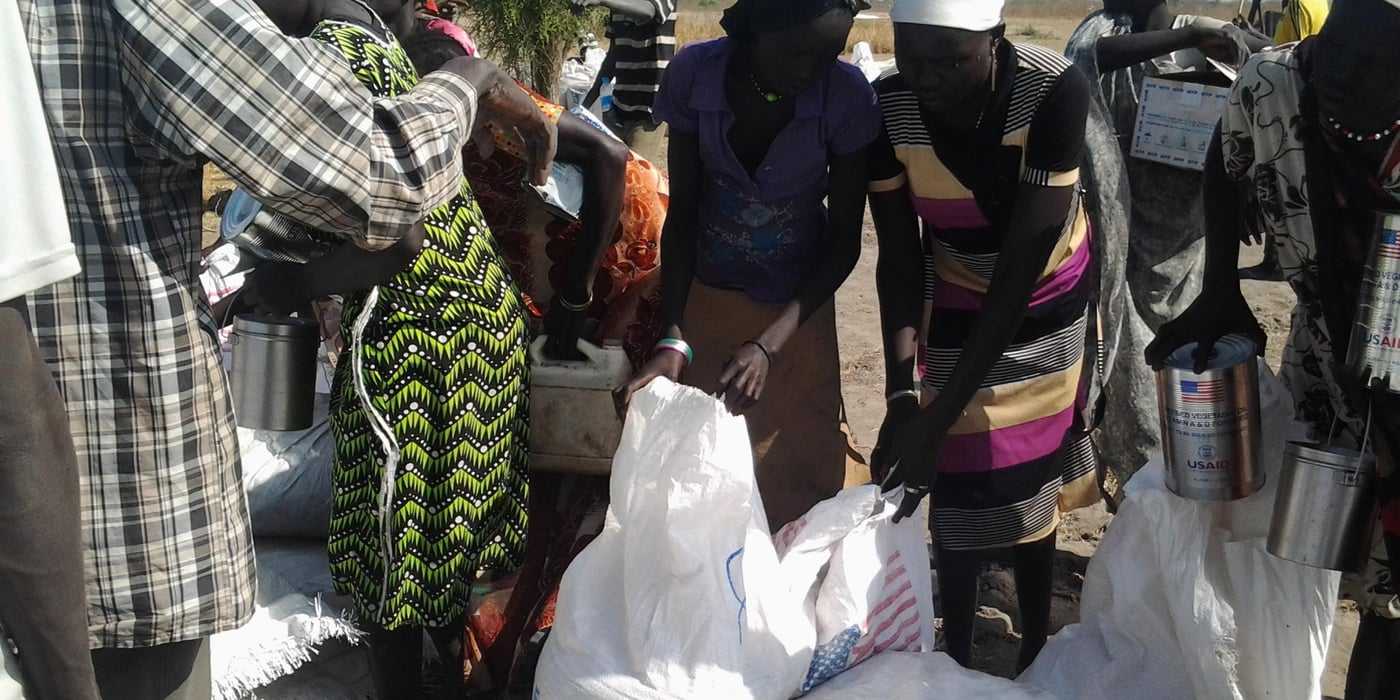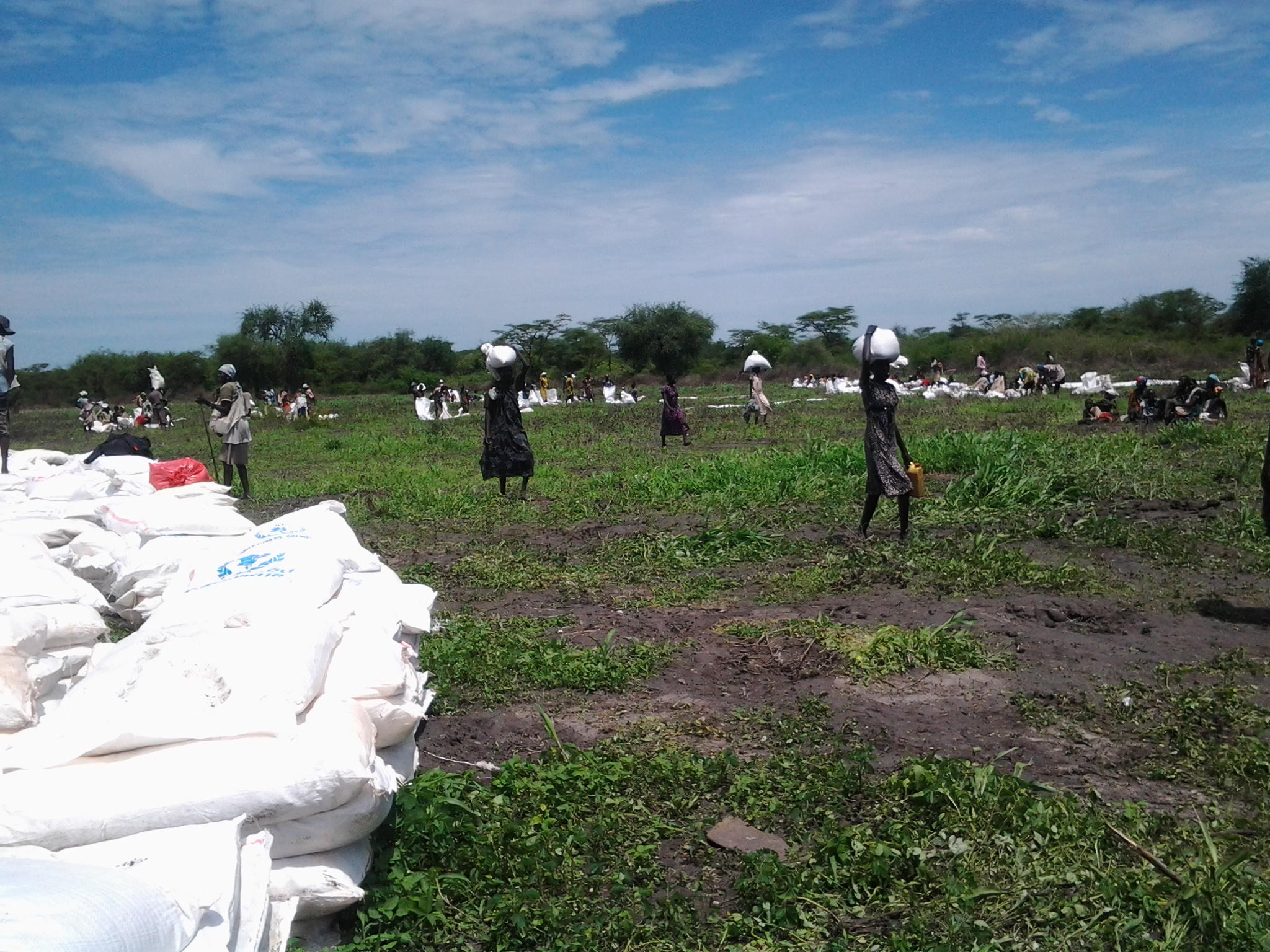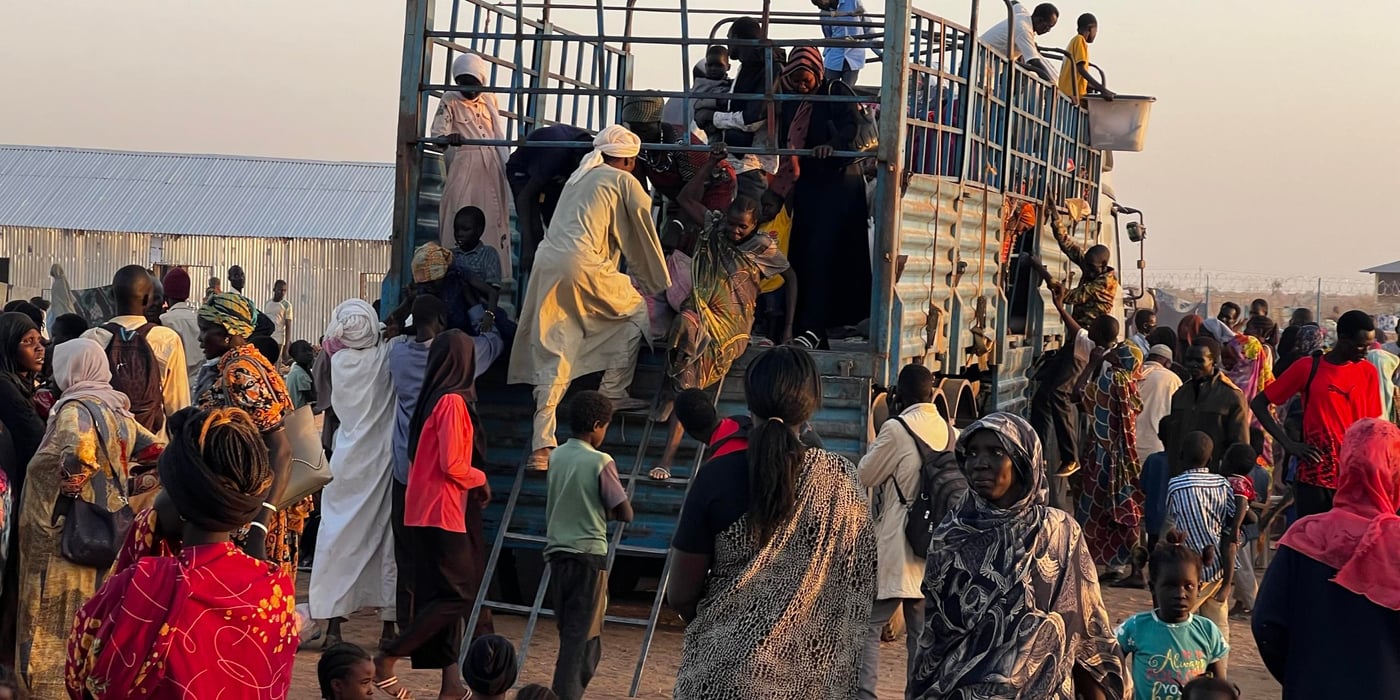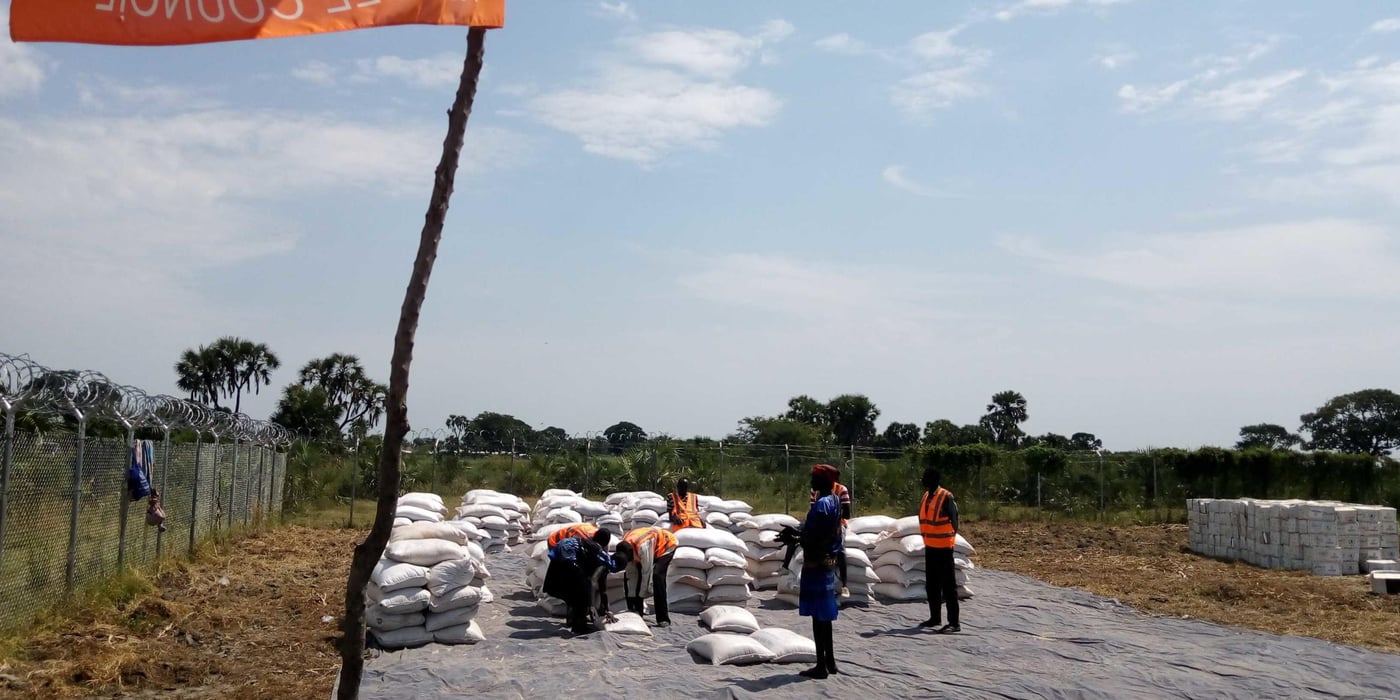
“It is evident that in some areas, especially in the conflict affected states and for the displaced communities, without food assistance, there would be nothing else to eat and the food security situation would be more severe,”says Mary Karanja, who is the Food security manager in NRC and the co-lead of the Food Security Cluster. From her office in Juba, Mary monitors the food security situation closely.
War, no food
In 2011 South Sudan gained independence from Sudan, ending a generation of war. Some thought that the country would finally be able to feed not only itself, but also its neighbours. However, four years on, these predictions have been proved wrong. The civil war that broke out in 2013 has resulted in massive forced displacement. In addition, the lack of food and markets that have collapsed are constantly pushing communities to the brink of starvation.
“People of South Sudan are exhausted. Many have sold off their assets and their livestock have been lost. Recovery of assets depleted will take some time. In 2015 the hunger season was severe due to a poor harvest reported in 2014 and in the conflict affected states, people eat whatever is available, the situation is terrible”, says Karanja.
FOOD DROP: Food has been dropped from the World Food Program airplanes in an hard to reach location in South Sudan. NRC´s Rapid Response Team the drop zone is clear before planes can drop the goods. Then the team ensure the distribution goes according to the plan and supervise the community on how to store the food.
Affects children
Lack of data due to inaccessibility of locations due to conflict, prevents proper analysis and hence lack of evidence based backing of the deteriorating food security situation in the three most conflict affected states. The result is that no-one can say there is a famine or not. “It is the smallest children, those up to 24 months that will be affected first. If they don’t get enough to eat their brain and body does not develop as it should. This process is irreversible”, Karanja explains.
Urban poor
The war torn country has for decades been one of the most food insecure places on earth. Food prices on imported goods are going up, and people have no money. According to a USAID survey, the death rates among the population are well among the famine threshold in certain areas of the country.
Norwegian Refugee Council recognises the urgent need for food distribution, but more must be done to ensure that there is food production in the more peaceful and accessible areas of the country. ”We need to do more to allow people to take control of their lives to support livelihood recovery. We must not just focus on hand- outs. With the ongoing economic crises a new group of vulnerable population has also emerged: this are the urban poor “says Karanja.
WORKING WITH FOOD SECURITY: Mary Karanja, food security manager in NRC and the co-lead of the Food Security Cluster at her office in Juba. Photo: NRC South Sudan.
More farming
Together with ensuring areas in hard to reach locations meet their immediate food needs through the emergency food distribution teams, NRC is also working in other states to ensure improved food security and livelihoods of target households. In Western Bahrel ghazal, Northern Bahre ghazal, Warrap and Jonglei states, NRC is working closely with the communities and respective government ministries to ensure food security, livelihood protection, recovery and livelihood promotion through food security and livelihoods programmes. “These programmes ensure improved agricultural production of smallholder producers supporting them to move from subsistence farming to farming for business,” says Karanja.
Supporting host community
In the stable states, in the longer term programming NRC also works with both host population (rural and urban) and also with the internally displaced. “In Jonglei state, for example, NRC is also working with the population displaced in Mingkaman camp who do not have access to land for production and is providing them with cash grants to ensure households are able to meet both their food and non food needs while at the camps.”
Read more: Food from heaven





